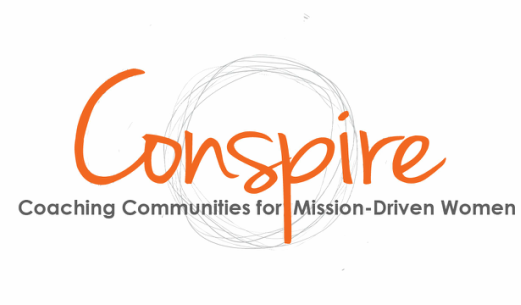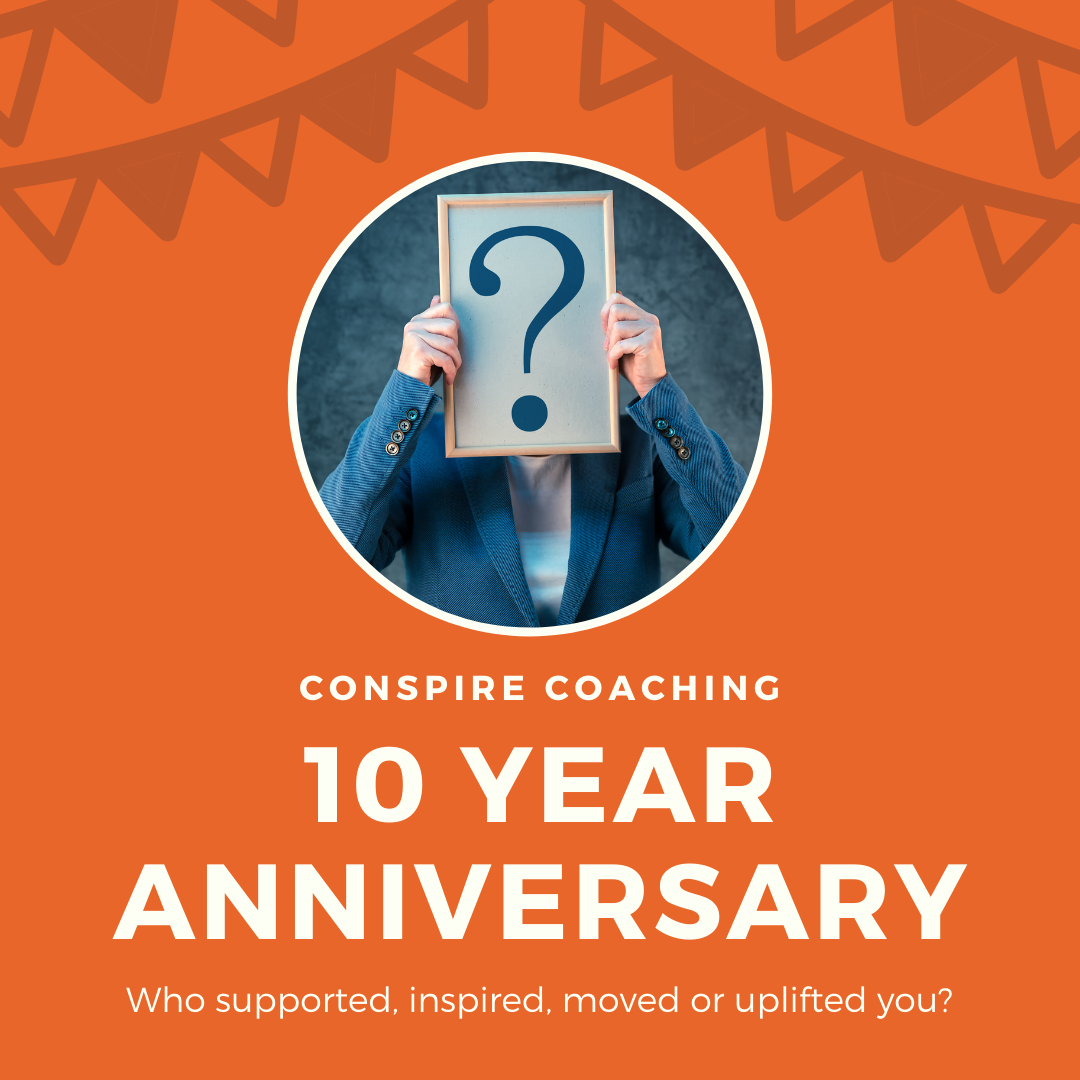|
I plan to celebrate Conspire's 10 Year Anniversary by celebrating the ways all of you have moved, inspired, supported and uplifted each other! If you've been coached or coached, networked, or otherwise supported and uplifted by someone through our programs, please take a moment to nominate them for one of our awards.
And read more about our upcoming celebrations here: https://www.conspirecoaching.com/10-year-anniversary-celebrations.html
0 Comments
A year ago, in March, just before lockdown, I had fallen into deep despair about the state of the climate. I had allowed myself to absorb the gravity of the situation and the impact on my children and people all over the world, as well as other species with whom we share the planet. I sat at my kitchen table with my husband, and I wept. That was my moment when I fully took it all in. I grieved for the loss of the planet as we know it and all its implications.
When COVID-19 and lockdown hit us here in the UK (I’m American living in Leeds, Yorkshire, England), I remember thinking, “Ah, this was predicted. Here we go, climate breakdown and social collapse.” In that moment I recognized that I was no longer despairing. I had accepted the worst dystopia. And in that moment, I began to experience life differently. I began to experience a merging of my sense of self with my sense of the world and decided that rather than shut myself off from the pain and suffering, I would live into the fundamental interconnectedness among all living things. I allow myself to experience the deepest pain of the rainforest burning, as if my own limbs were burning. And through this experience of being present to the pain, I am also connected to the living and the joy and the potential expansiveness of being present to a range of emotions. This won’t surprise some of you who have known me for a long time. My mission for my life and my business has always centered on cultivating that sense of interconnectedness. I am grateful to Eric Holthaus, Author of The Future Earth, whose book I heard about on Dan Jones’ podcast, “Climate Scientist”. In that interview, he put words to this idea that I couldn’t find the words for: “Listening is the most transformative change that anyone can make. I’m not the point anymore. The point is not what I am going to be doing. It’s going to be trusting relationships to provide for you in this reciprocal way. We are in the middle of a transition from a society that is in transition from individualism to a society that is transitioning to reciprocity and care and mutual aid. It’s important to inhabit that world and show others what that’s like.” And “We need to act with the transcendent love of visionaries…Listening is an extremely important skill right now. The way to have hope is to think that the future is going to be pretty different from where we have come from… Doing nothing is being harmful when you’re being called to change and you do not change….The IPCC report [states that staying within the 1.5 degree threshold] will require transformative change in all aspects of society. Apply that to your own life.” Let’s live into this world together. Let’s hold each other up as we experience the pain of the world. We will need each other in the years ahead. Let’s practice, let’s get comfortable with the full range of emotions. Let’s be resilient, transformational and world-changing together. We just got back from taking a break from it all, hiking, playing on the beach, avoiding all news. The view at sunset was simply breathtaking, impossible to capture on my iphone camera.
The wisdom I received at the hilltop was that perhaps we are at the peak of uncertainty. It feels this way. It feels to me that the next few days will determine so much, from the state of western democracy to the level of preventable death and the depth of our grief. Whatever happens, we will need to find a path back down from the peak. We'll find the people we need with us on our journey and we'll put one foot in front of the other, and whether it's muddy and miserable or sunny, easy and glorious, we'll continue on our journey and find our way. #womensupportingwomen #bestill #stubbornlyoptimistic |
Archives
August 2021
Categories
All
Archives
August 2021
|
Conspire |
MissionWe conspire with mission-driven women to lead, succeed and thrive in their careers, lives and organizations.
VisionIndividuals: We envision women who are enlivened, empowered and emerged. Our members have clarity of purpose and lead from strengths.
Community: We bring communities of women into the practice of seeing each other's strengths and potential. We envision multiplying communities of women-fueling-women's success and impact. World: We conspire to unlock the potential energy & contributions of 51% of the human population. When this potential energy, thought power, and talent is unleashed, we will solve even the most difficult problems and transform the world. |



 RSS Feed
RSS Feed

